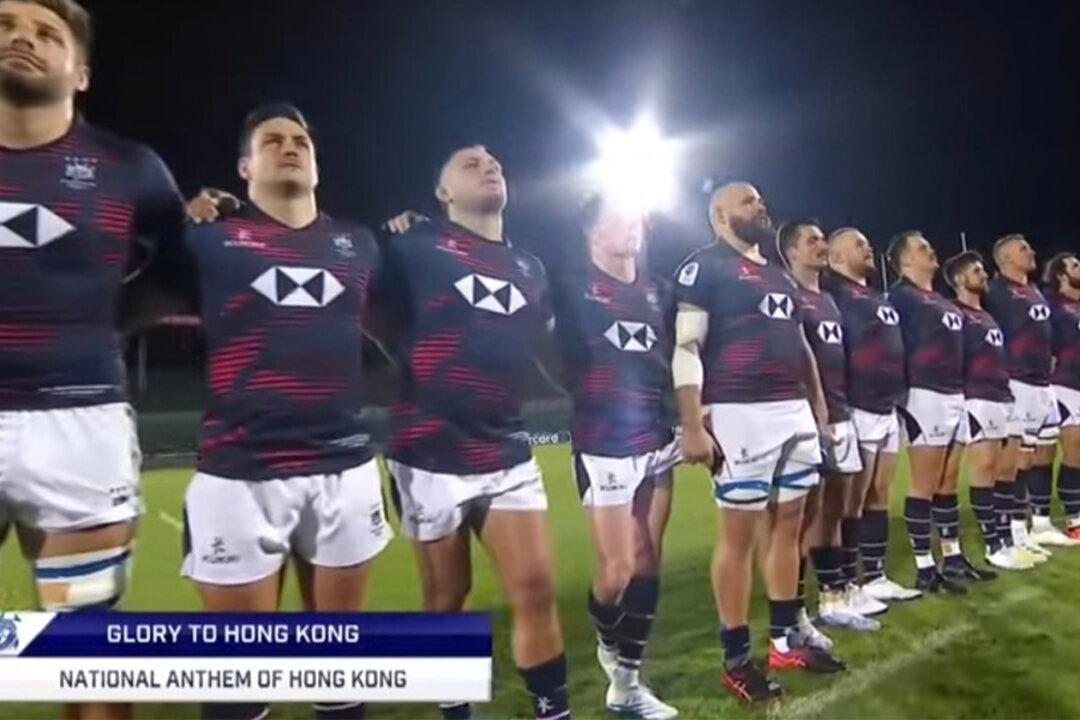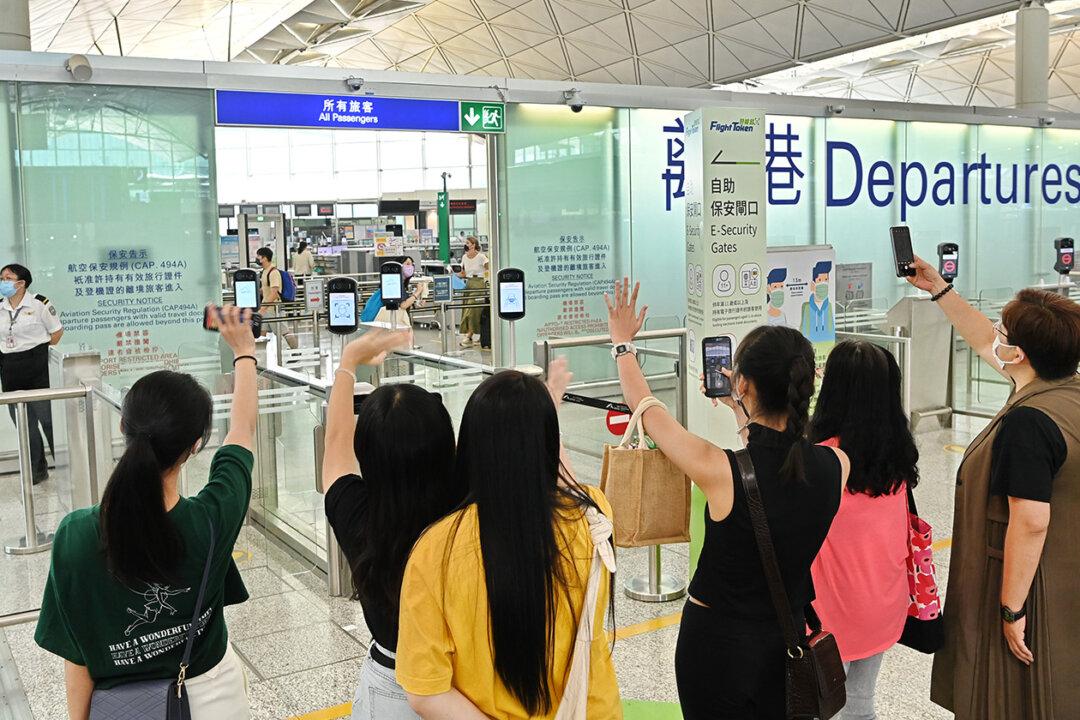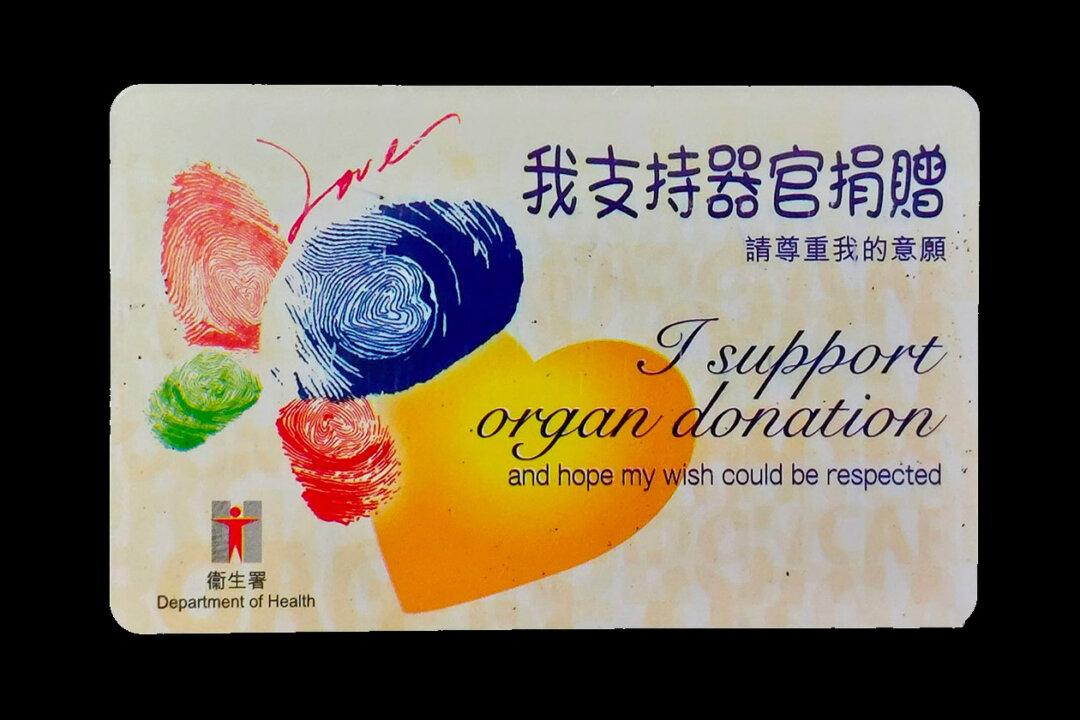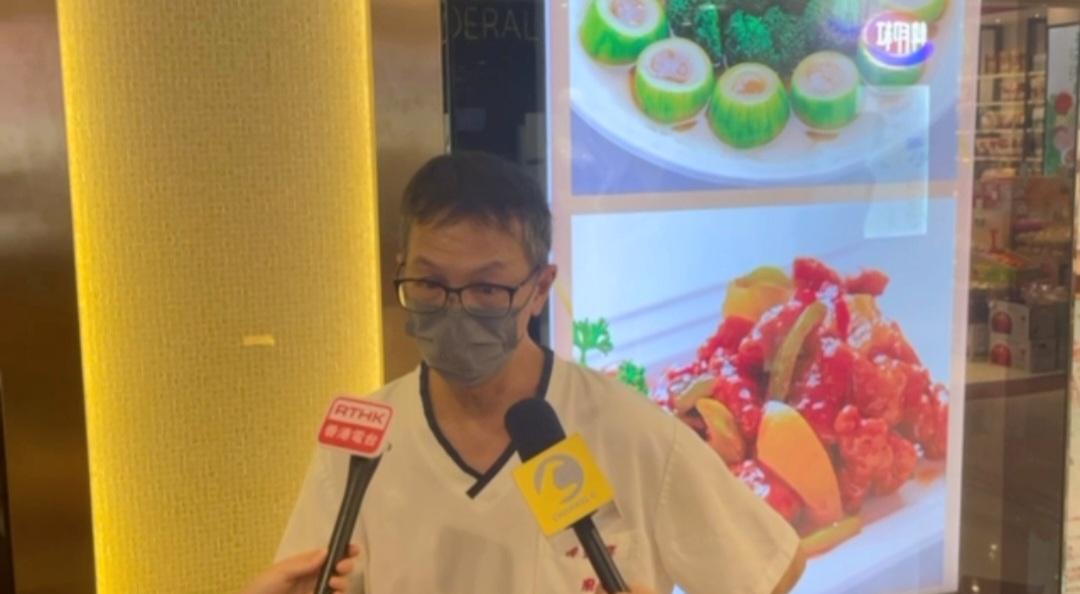Recently, various international rugby games misplayed and/or miswrote the national anthem of Hong Kong. During the matches, the organizers mixed up the correct anthem with the anti-extradition movement anthem “Glory to Hong Kong” as the national anthem of Hong Kong instead of the Chinese Communist Party (CCP) anthem.
The Hong Kong government and pro-CCP politicians protested against the incidents and expressed dissatisfaction.




